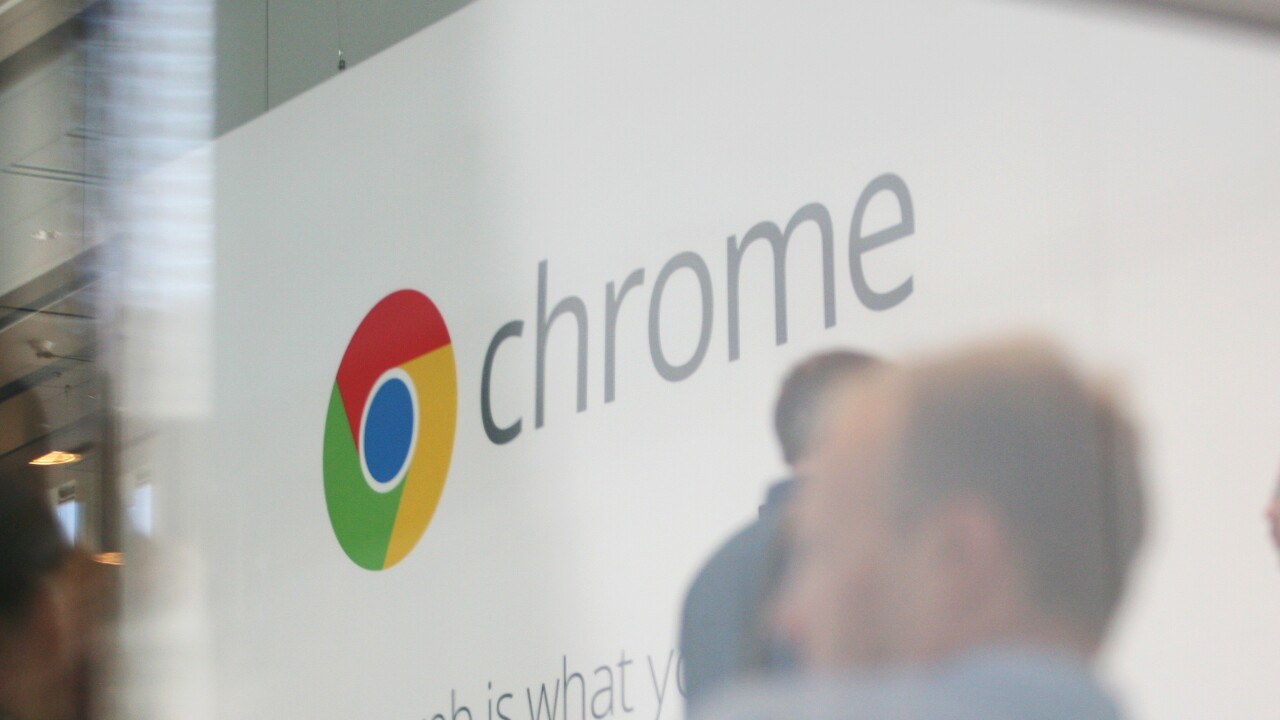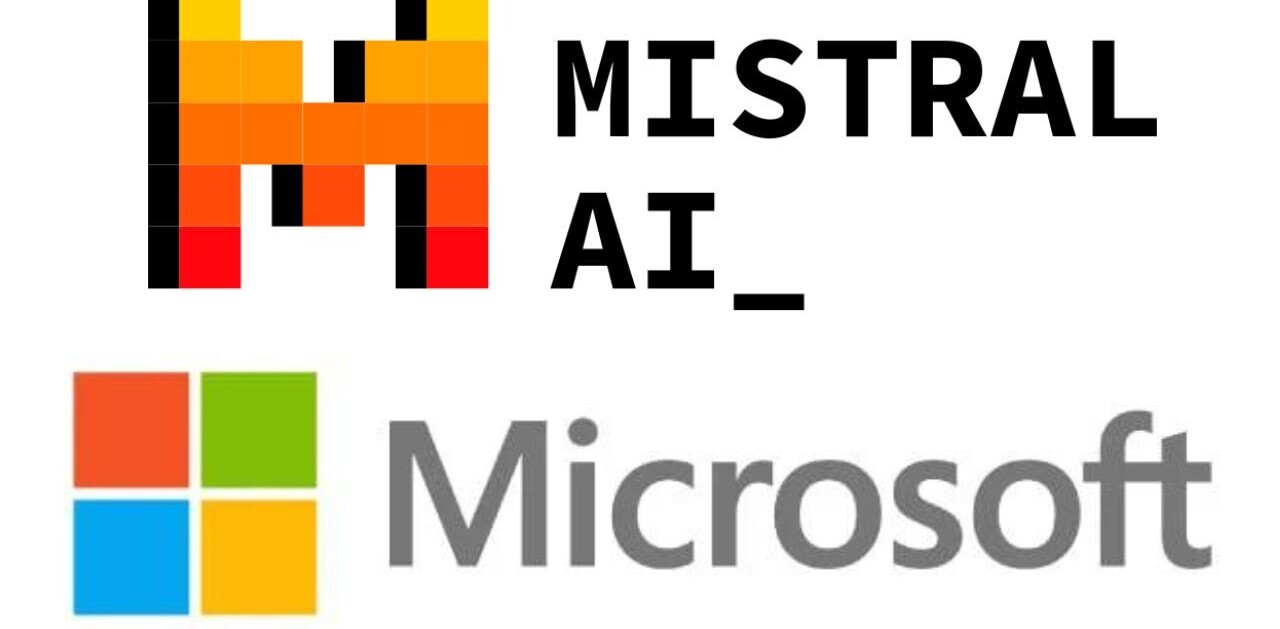
Google today announced it will stop supporting Chrome on Windows XP in April 2015. This means the company will stop providing regular updates and security patches a year after Microsoft does the same for its aging OS on April 8, 2014.
Interestingly, Google is billing this as an “extension” of support for Chrome on Windows XP, implying it was planning to stop support for its browser on the same day that Microsoft stopped support for its OS. The company justifies this gesture of good will as a security move, as it notes unpatched browser bugs are often used by criminals to push malware and infect computers.
Google isn’t oblivious to the fact that Windows XP is still widely used:
We recognize that hundreds of millions of users, including a good chunk of current Chrome users, still rely on XP. Moreover, many organizations still run dozens or even hundreds of applications on XP and may have trouble migrating. Our goal is to support Chrome for XP users during this transition process. Most importantly, Chrome on XP will still be automatically updated with the latest security fixes to protect against malware and phishing attacks.
Given Chrome’s popularity, this is a move that even Microsoft should applaud. IE8 is still the world’s most popular browser, but this is largely due to the fact that Windows XP users cannot upgrade to newer versions of Microsoft’s browser: IE8 is the latest version they can install.
IE9 is only available for Windows Vista and Windows 7. At the same time, IE10 and IE11 are only for Windows 7 and Windows 8. Many XP users thus choose to use third-party browsers like Chrome and Firefox.
The word “many” is probably an understatement. Last month, Windows XP still held over 30 percent market share. That equates to hundreds of millions of installations that cannot use IE9, IE10, or IE11.
On April 14, 2009, Microsoft retired Mainstream Support for XP. Unfortunately, too many XP users will still be on it when the company retires Extended Support for the operating system on April 8, 2014. At least they’ll still have Chrome for another year to get them by.
Top Image Credit: Kimihiro Hoshino/AFP/GettyImages
Get the TNW newsletter
Get the most important tech news in your inbox each week.




